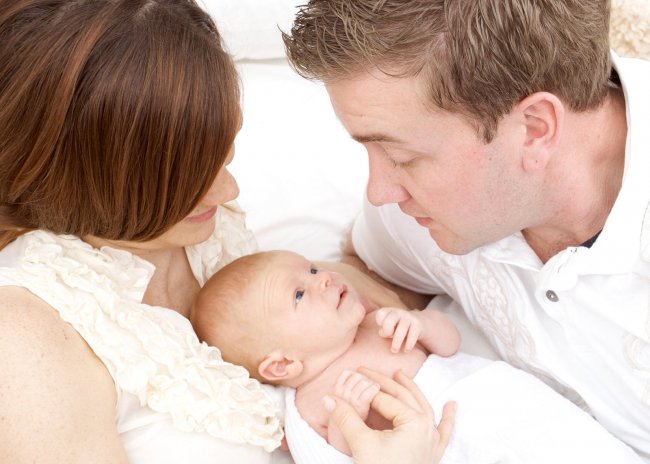Fertility is Ageist

Age is no barrier to achieving many things. But it can reduce the chance of a man fathering a healthy child. While a woman’s age is the single most important factor in conception, the father’s age also matters.
You can’t control your age, or your partner’s age. But if you’re in a relationship and you want to have a child, or more children, you can have the conversation sooner rather than later.
The facts about men, age and fertility
The quality of a man’s sperm and fertility decreases with age. As a man ages, it takes longer for his partner to get pregnant. There’s also an increased risk of not conceiving at all.
Whatever the age of the mother, the risk of miscarriage is higher if the father is over 45. The children of older fathers are at greater risk of autism, mental health problems and learning difficulties.
The figures about men, age and fertility
- The average time to pregnancy if a man is under 25 is just over 4.5 months but nearly two years if a man is over 40 (if the woman is under 25).
- There is a five-fold increase in time to pregnancy if the male partner is aged over 45 years.
- For couples having IVF, the risk of not having a baby is more than five times higher if the male partner is aged 41 or older.
- The volume of a man’s semen and sperm motility (the ability of sperm to move towards an egg) decrease continually between the ages of 20 and 80.
- The risk of miscarriage is twice as high for women whose male partner is aged over 45 than for those whose partners are under 25.
Children with fathers aged 40 or older are more than five times as likely to have an autism spectrum disorder than children fathered by men aged under 30.
TAGS:
SHARE:

